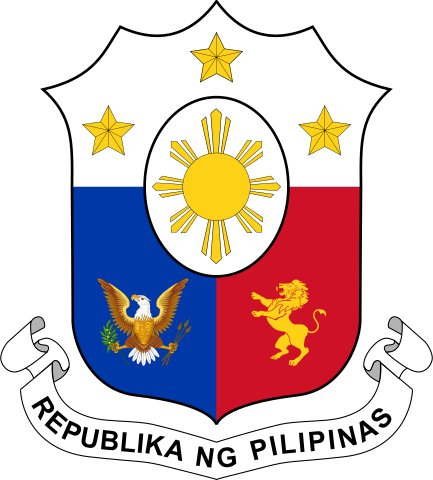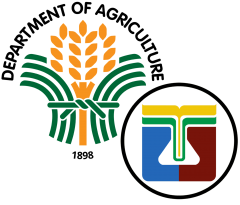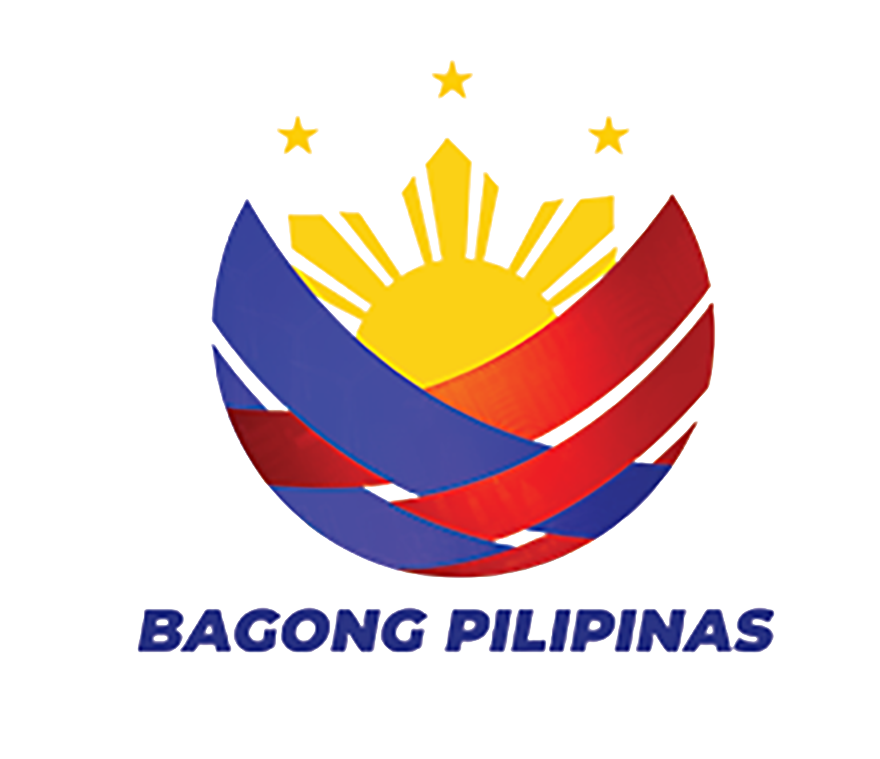As the nationally mandated agency on the sustainable management of soil and water resources for agriculture, the Department of Agriculture-Bureau of Soils and Water Management (DA-BSWM) has been involved in various international commitments, as with the Global Soil Partnership (GSP) of the Food and Agriculture Organization of the United Nations (FAO), among others.

In order to provide a main venue where all GSP partners come together to make important decisions about the global soil agenda, the GSP Plenary Assembly (PA) is being conducted annually. This year, the Eleventh Plenary Assembly of the Global Soil Partnership is a hybrid event, at the Plenary Hall of the Food and Agriculture Organization of the United Nations (FAO) Headquarters and via Zoom, from 12 July to 14 July 2023.
Giving utmost importance to the vital contribution of the GSP PA to the Philippine Soils, BSWM Director Gina P. Nilo, also the Chair of the Asian Soil Partnership (ASP), and the Asian Soil Laboratory Network (SEALNET), ensured the Philippines’ active participation in the Eleventh Plenary Assembly of the Global Soil Partnership (GSP), hence her attendance at the Assembly. Also in attendance were the Philippine Deputy Permanent Representatives to FAO Ms. Nina Cainglet and Dr. Josyline Javelosa of the Philippine Embassy based in Rome.
Among the activities during the Plenary Assembly was the Side Event Organized by Thailand on Soil Partners’ Day, 11th Session of Global Soil Partnership “Healthy Soils for Healthy Food – Sustainably managed soils are key ingredients of sustainable food systems” – an Event where Director Nilo was invited to deliver a Presentation on 13 July 2023, aligned with the theme “Innovative Approaches to Soil Health in Asia.”
This Side Event aimed at showcasing the success stories of some members as to how the policy action on Healthy Soils is prioritized through the promotion of sustainable soil management practices.
In her Presentation on “Innovative Approaches to Soil Health in Asia,” Director Nilo discussed the Challenges Towards Sustaining the Implementation of the National Soil Health Program; and Key Messages in Transforming these challenges to opportunities. These are the Sustainable Approaches to Soil Health in Asia as follows:
KM 1: Key Solutions to Sustain Initiatives in Soil Health – Strengthen Partnership; Mainstreaming and Institutionalization of the National Soil Health Program as the DA Banner Program; Legislation of the National Soil Health Strategy
KM 2: Implementation of the National Soil Health Program (NSHP) and three Key
Components – BSWM Contribution to the Department of Agriculture’s Vision of Climate
Resilient Food and Nutrition Secured Philippines; Key Components acronymed as SMS:
1) Strengthen Soil Laboratories, 2) Monitor Soil Health; 3) Sustainable Soil and Land
Management Implementation; Innovative Tools and Technologies for the Implementation of
National Soil Health Program were discussed such as the Establishment of Sampling Protocols for Location-Specific Soil Reference Sites (SRS) and Soil Monitoring Sites (SMS); Enhanced Capacities and Efficiency of Soil Laboratories; Protocols Monitoring of Soil Health and Crop Productivity in the Implementation of the Balanced Fertilization Strategy Recommendation and the use of Soil Health Card
KM 3: Collaborative Action is the Way Forward – Collaborative Action and Inter-agency
Partnership; International Partnership and Collaborative Action FAO – Philippines, Asian and Global Soil Partnership; APEC 2023 USA; One Health SEA (OHSEA) with IRD France in Hanoi April 2023 among others should be sustained as Network of Activities between and among countries as platform for data and information sharing and learnings of best practices. Altogether to achieve a climate resilient food and nutrition secured Asia and Pacific.
KM 4: Sustaining the National Soil Health Program in the country and in the Asian Region – with the common agenda of Securing Food and Nutrition through Healthy Soil.
Furthermore, during a session in the Assembly, the Philippines expressed its support to the position offered by Thailand regarding the recognition of the second International Decade of Soils, as this will ensure the continuity of efforts by countries, regions, and global partners to sustain soil health.
The second decade 2025 to 2035 is also expected to address more targeted aspects of Soils as it impacts on key environmental concerns on land degradation, biodiversity and climate change more importantly as it impacts on human health. The International Decade of Soils will also include, enhance, and reflect the initiatives and efforts of the Global Soil Partnership .
The 11th GSP Plenary Assembly also focused on the discussions regarding Status on the Implementation of the Global Soil Partnership (GSP) Action Framework (including the monitoring and soil health index; Implications of the establishment of a Sub-committee on soils under FAO’s Committee on Agriculture (COAG) and maintaining the GSP in its current structure; Work of the Intergovernmental Technical Panel of Soils (ITPS); Report on the financial status of the GSP; Report on normative tools and actions on sustainable soil management; Status on the organization of Global Symposia; Report on Regional Soil Partnerships; Progress of the GSP Technical Networks; World Soil Day report 2022, preparations for 2023 and theme for 2024, awareness raising on soils and prizes; Election of the Chairperson and Vice-Chairperson, and appointment of the Rapporteur for the next period; and Date and venue of the next Plenary session.






